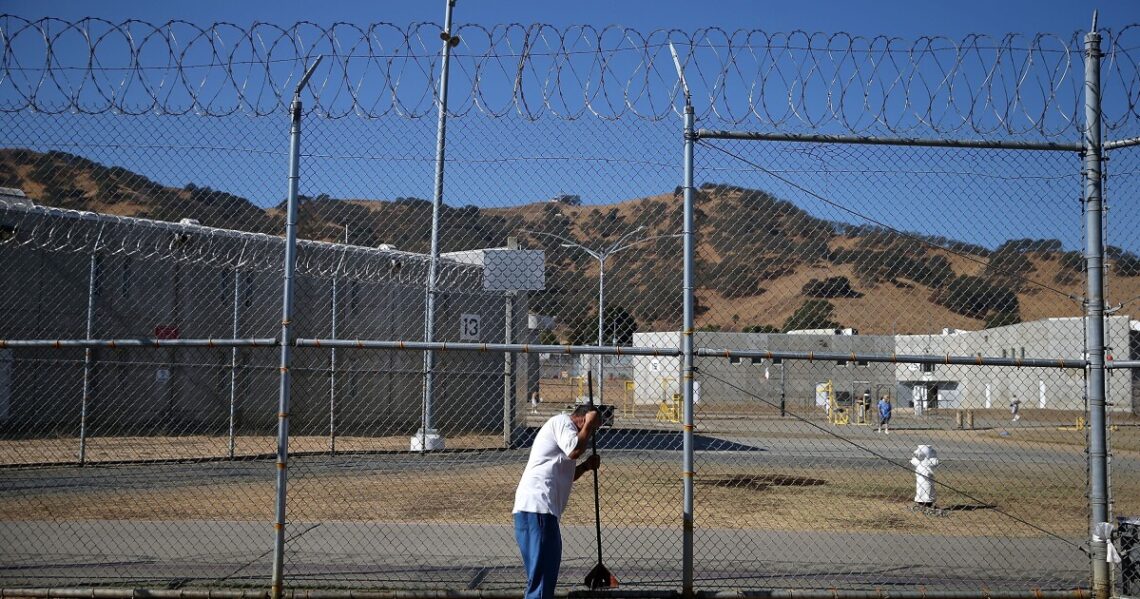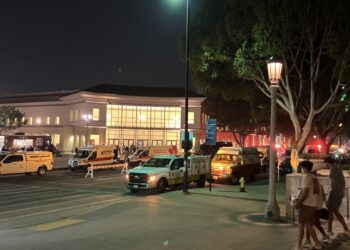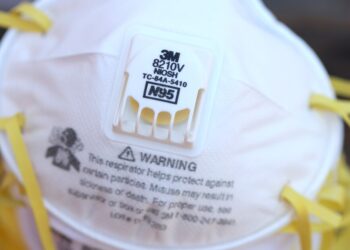Thirty years after prisoners with disabilities sued the state of California and 25 years after a federal court first ordered accommodations, a judge found that state prison and parole officials still are not doing enough to help deaf and blind prisoners — in part because they are not using readily available technology such as video recordings and laptop computers.
U.S. District Judge Claudia Wilken’s rulings on March 20 centered on the prison system’s need to help deaf, blind, and low-vision prisoners better prepare for parole hearings, though the decisions are also likely to improve accommodations for hundreds of other prisoners with those disabilities.
“I believe I should have the same opportunity as hearing individuals,” a prisoner, deaf since birth, said in court documents.
The lawsuit is one of several class-action proceedings that have led the courts to assume oversight of the prison system’s treatment of those who are sick or suffer from mental illnesses.
“It is difficult not to despair,” a blind prisoner said in written testimony. “I am desperate for some kind of assistance that will let me prepare adequately for my parole hearing.”
The parole process can begin more than a year before an incarcerated person’s hearing and last long afterward. And the consequences of rejection are great: People denied parole typically must wait three to 15 years before they can try again.
Prisoners are expected to review their prison records and a psychologist’s assessment of whether they are at risk for future violence, write a release plan including housing and work plans, write letters of remorse, and prepare a statement to parole officials on why they should be released.
“It is a very time-consuming and important process,” said Gay…
Read the full article here







